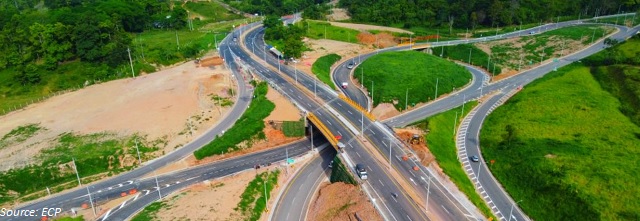The government is analyzing the construction of two new pipelines in less than three years. Here are the details.

Ecopetrol (NYSE: EC) announced the construction of the ‘La Virgen’ road, which is part of the Yuma highway.
The Colombian Caribbean will be the focus of big industry projects during the next five years. Here are the details.
The company started an expansion project to transport natural gas from new deposits in the Southern Caribbean, to Barranquilla and Cartagena.
Experts in the natural gas sector are discussing alternatives to meet the growing demand for this fuel in the short and medium term.
Vanti announced investments for the construction of three natural gas stations in Bogota.
The Mining-Energy Planning Unit (UPME) proposed two alternatives to achieve the interconnection between the two facilities. Here are the details.
The Maritime General Directorate (Dimar) explained why the Pacific regasification plant will affect operations at Buenaventura’s port.
Industry experts debated the ‘shale revolution’ and its implications for the world’s economy, competitiveness and environment.
In addition to the issues caused by constant attacks on its infrastructure, Coveñas Caño Limon (CCL) is now facing a legal battle over crude transport activities.